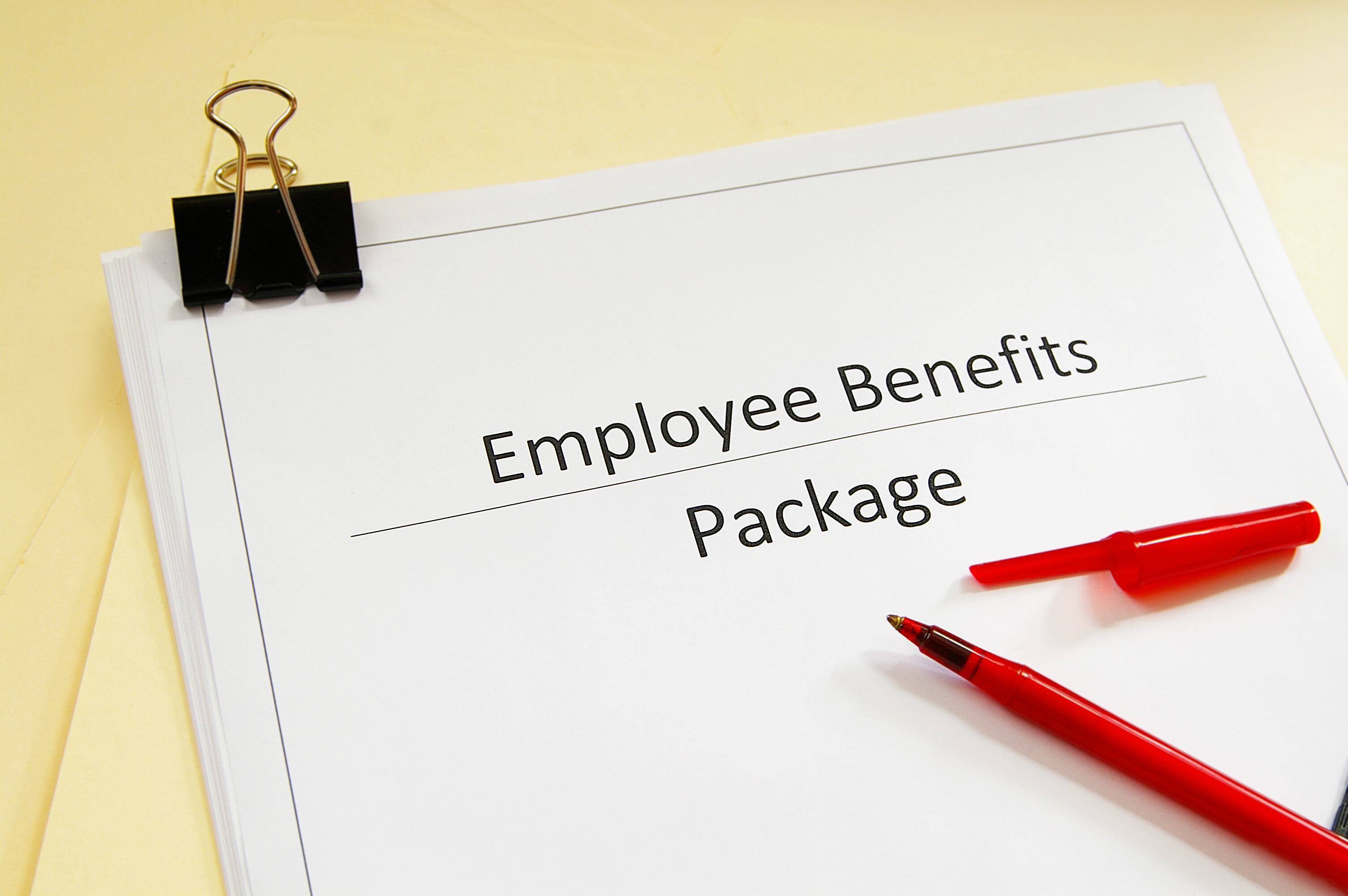HR Best Practices for Office Holiday Parties
Employees appreciate recognition of their hard work over the year, and year-end holiday parties are a fun way to celebrate. But alcohol can be a liability. Partygoers who overindulge could cause an accident at or after the party, or they might act in ways that violate your harassment policy.
You have more potential liability if the event is required instead of optional, as employers may be liable for employee misconduct and negligence when the employee is acting “in the course and scope of employment. There are steps you can take to protect both yourself and your employees. Here are some practices you might consider:
- Do not make the event mandatory and clearly communicate that attendance is optional. Make sure that managers and supervisors do not imply that failure to attend would count against the employee in any way.
- Avoid conducting any work-related activities, such as award presentations or company updates, at the event. To further support the non-work nature of the event, hold it off-site and outside of regular business hours and allow employees to bring a guest.
- In advance of the event, set expectations around respectful behavior and encourage employees to drink responsibly. Remind employees that company policies, including harassment and other conduct policies, apply at the event.
- Have a plan to ensure that no minors or visibly intoxicated attendees are served alcohol. If possible, hire professional servers (or hold the event at a staffed facility) who will, as part of their job, politely refuse to serve anyone who they perceive has had enough to drink.
- Consider hosting a cash bar where employees purchase the alcohol. This will reduce the likelihood of a claim that the employer provided alcohol directly to employees. It will also reduce consumption.
- Provide employees with a set number of drink tickets so that each attendee is limited in the number of alcoholic drinks they will be served (there are obvious limits to the usefulness of this tactic, but it may be somewhat helpful).
- Avoid entertainment and event locations that may be potentially provocative, risqué, or offensive. These atmospheres, especially when combined with alcohol, may become conducive to sexual harassment.
- Plan for how employees who have been drinking will get home. This may involve providing taxis or public transit options at no cost to the employees, arranging for group transportation, or encouraging employees to designate a driver at the beginning of the event.
- Provide ample food and non-alcoholic beverages, both for safety reasons and so non-drinkers know you've given them consideration.
- Even if you don’t want or plan to provide taxi service, don’t think twice about calling and paying for one if an intoxicated employee has no way home other than driving themselves. This is not the time to teach employees a lesson, and from a cost-benefit point of view, it may be the best $30 the company ever spends.
While these steps will not eliminate all the risks, they can help reduce liability and help your employees celebrate the year safely and responsibly.
- Holiday parties can bring your workplace together, though too much togetherness can create liability.
- Alcohol can be the culprit of some of the big problems, but don't write off serving it entirely. With proper planning, these risks can be minimized.







Reply a Comment